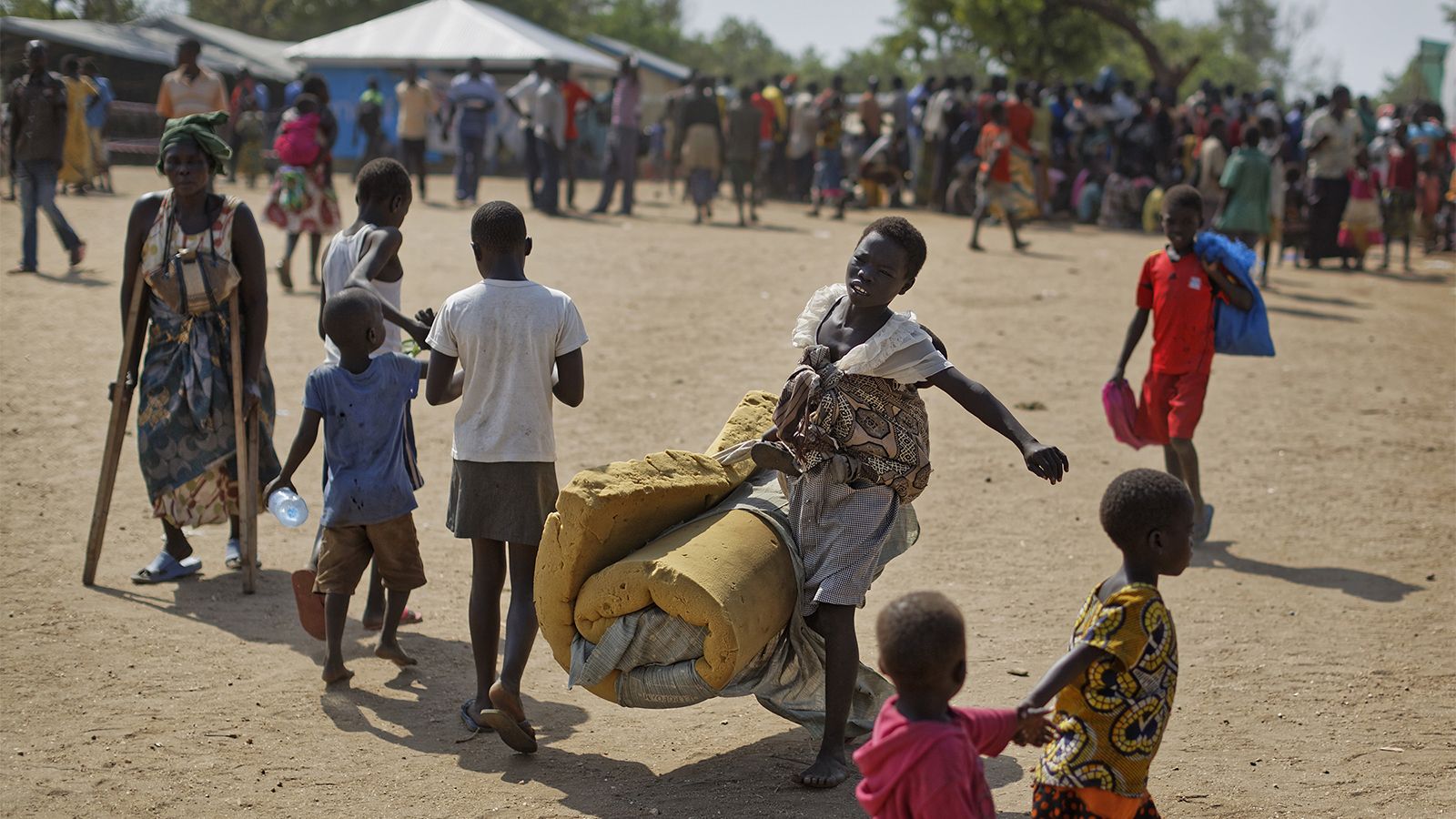
The city of Cape Town is faced with a challenge of constant confrontation with a group of asylum seekers and undocumented immigrants who are based at the City’s Central Methodist Mission Church. This issue is more an African crisis than it is a South African one.
Obviously, there will be questions on South Africa with regards to how they set up their refugee camps if any are in existence. However, at the heart of the story is the question of what the African Union (AU) should be doing. The group of refugees in question have been identified to be people from Rwanda, Burundi, DRC, Somalia and Bangladesh.
It is clear that these people with the exception of Bangladesh are all from African countries and there is need for the AU to engage said states and investigate the causes of these movements by their citizens. The refugees are now in constant breach of general laws in Cape Town which in turn becomes unfair on the South African government.
The South African government is also implored to handle this matter with extreme caution given the state’s history with xenophobia. It is apparent however that the setting up of illegal structures in the City centre is unlawful and the people should be removed. The refugees are making demands to the South African government these include transporting them to their countries of choice namely Canada and the United States of America. This is an unreasonable demand it seems the refugees are now holding the South African government hostage for the protection they have been afforded in the interim. The South African government is dealing with a lot of local issues including a failing national airline in South African Airways, being reported to be in a recession, power outages amongst others.
The demands of the refugees are unreasonable and give the state an unfair burden. The Au needs to make an intervention in the matter in assisting South Africa with this matter because this is one that the South African government did not create but one that was just dropped at their doorstep. If necessary, an investigation should be launched into countries from which the people are fleeing from and they should be made to carry the burden to transport these people to their desired destinations. At the end of the day it is these refugees’ countries that created whatever terrible situation leading to their fleeing into South Africa.
There should be an African conversation amongst the state leaders to engage each other on how to deal with such circumstances as the one South Africa finds itself in. As much as the refugees deserve protection in countries they flee to. When said refugees start intentionally ignoring the laws of the countries they fled to, do they still deserve protection. If such behaviour is condoned and redressed to become a human rights issue when it is an issue of criminal conduct in some instances most states will be left stuck between a rock and a hard place. The refugees are accused of having public fights amongst themselves causing public pandemonium, defecating in the city centre and erecting structures that encroach the road. This is behaviour that is not condoned and the AU should intervene and assist South Africa in dealing with their current problem with the Cape Town based refugees.
Most African countries because of the lagging behind in development might not have big enough refugee camps to house such people pending their processing to be documented but if such structures were in place South Africa would not be facing such a crisis. However in a country where people are demanding affordable public housing from the government what takes precedence setting up of comfortable refugee camps or availing housing to the citizens who are the actual tax payers.